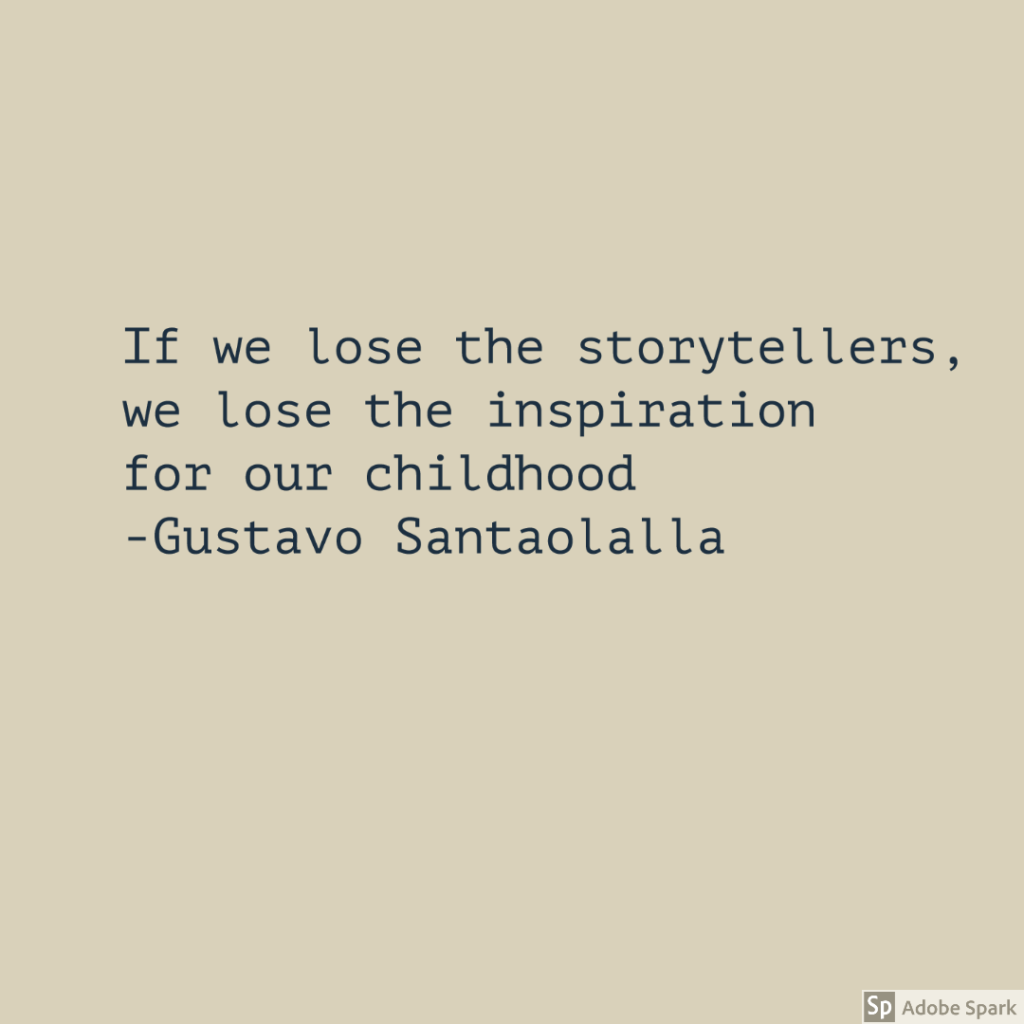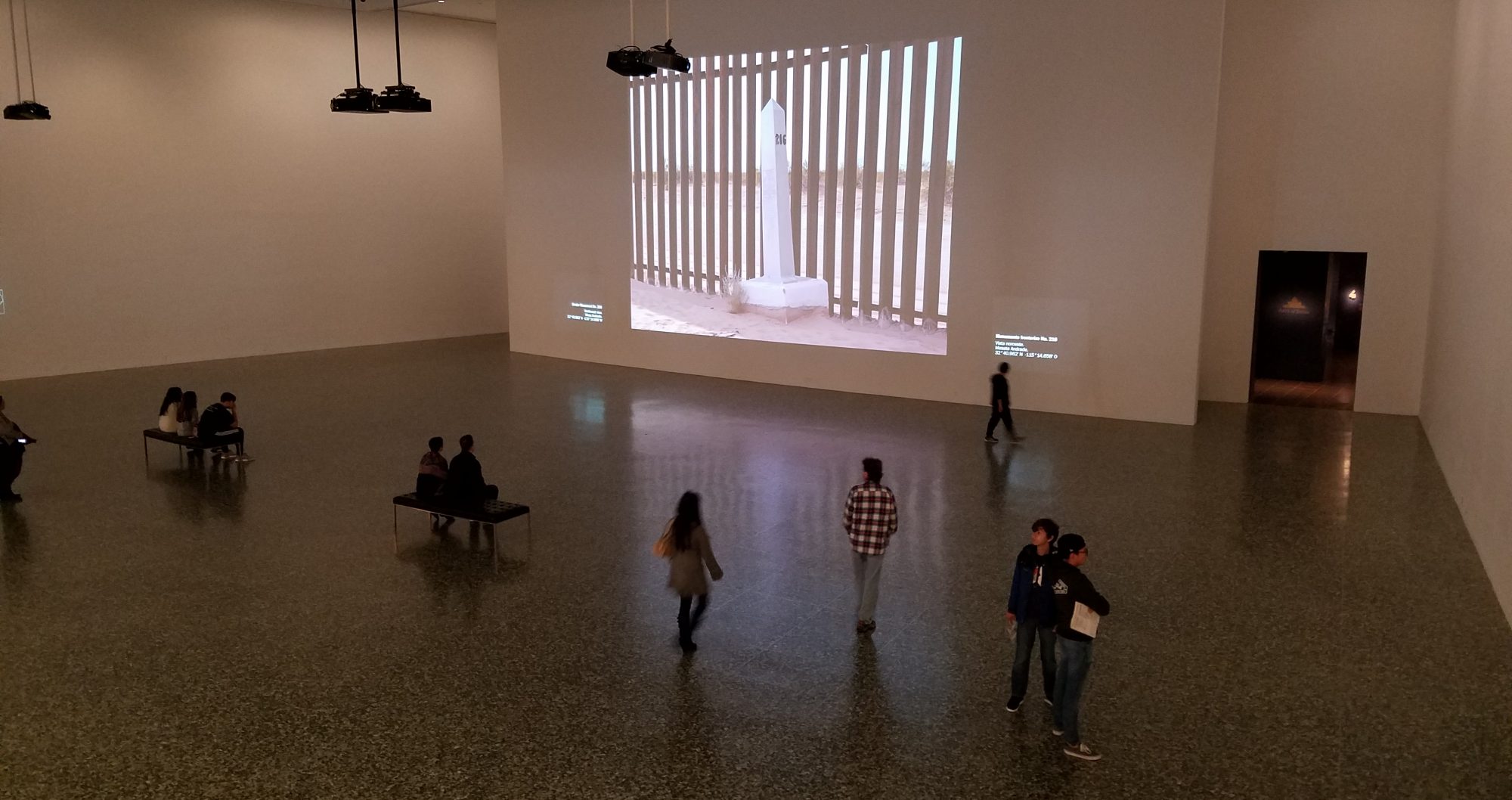What if angels walked among us? Every day. Standing close to us, listening to our thoughts. Placing their hands on our shoulders to comfort us and to hear our deepest thoughts. What if they were in the places we visit? Where we study. When we walk in the park. When we are in our in saddest moments, contemplating life and our reason for being. What if angels understood our pain, especially now, when we are surrounded by uncertainty, worry, and isolation. What would they say? Could they understand what we are experiencing? What if they worried about us, carefully placing themselves in harm’s way to protect us? Are they able to do that? Do they wish to return back to the physical Earth to make it a better place or to intervene when someone is doing hateful actions? Our world is hurting right now. Do they know? If so, do they feel like they can make things better? Are angels among us? As we continue on this new journey placed in front of us, I believe many of us have stopped and asked ourselves, “Am I okay?” Some of us might ask “What have we done to make nature turn against us?” Others might plainly reflect, “This was coming.” Do the angels among us hear these thoughts? We are at a crossroads and I feel we need guidance. As summer approaches, what usually is a time to enjoy the ease of life has now been replaced by uneasiness. As each week concludes, I like to think that indeed, angels are among us. Everyday. Listening to us. Deeply contemplating how they can help.
These thoughts developed after listening to the podcast, This Movie Changed Me, which is a part of the OnBeing series of podcasts. The episode that inspired this post is the episode featuring film composer Gustavo Santaolalla discussing Wings of Desire.
https://onbeing.org/programs/wings-of-desire-gustavo-santaolalla/
Released in 1987 by German director Wim Wenders, Wings of Desire caught my attention as a college student who loved foreign cinema (my wife and friends often call these movies “Ric Flicks”). I first viewed the movie for the gorgeous black-and-white cinematography. I viewed the film again when I was studying for my doctorate in Indiana. I recall at that time that I potential blizzard was in the forecast. I decided to visit the local video rental store that specialized in independent movie releases and little seen foreign films. It was my favorite store in Bloomington to visit on a Friday afternoon. This particular Friday, I wanted to make sure I was stocked up on video rentals in case of the blizzard keeping me indoors. I saw the video cover for Wings of Desire and I immediately picked it up since I remembered that it was such a complex, deep movie and I wanted to view it again through my graduate student lens. I paid for the rental and planned to watch it during my blizzard weekend.
During this part of my adulthood, I was also in the midst of a spiritual awakening/crisis. At that time, I was heavily involved with my local parish and served as a Eucharist minister (as they were called back then) and volunteered for many functions, including group leader for a spiritual retreat. I was also in the throes of a spiritual crisis in that along with my deepening spirituality, this also opened doors for many questions to ask of my faith. I often had deep conversations with my friends in the parish about teachings and directives provided by my Church. My parish, fortunately, was quite progressive for those times, so my questions on faith were welcomed so that I could further understand this important part of myself. When I viewed Wings of Desire again, my introspective self viewed the movie as a message. In my time of awakening and doubt, were angels helping me? That is the essence of the movie. It is what makes it one of the most beautiful movies to watch.
In Wings of Desire, the film follows two angels as they watch life in divided East and West Berlin. Spending most days observing human below in the divided city, Damiel and Cassell, the two immortal angels of the film, listen to the thoughts of ordinary city folx with extraordinary worries and desires. In their daily dialogues with each other, Damiel and Cassell discuss their reasons for being in the city. They accept their role as providing a sense of reality for the individuals they select to listen to and to comfort. As angels, their hope is to make each person they contact to continue onward with their day. As angels, they know their power but they also know their limitations. They cannot intervene to make an accident not happen, only to comfort the individual after the fact. They cannot truly feel the pain of individuals, only to hear the pain and to provide solace. In a way, as angels, they see and hear us, but they are only observers. Angels can only watch as we walk the earth trying to make sense of our pain, our joy, and self-doubts. The angel Damiel decides, after interacting with a beautiful circus acrobat, that he wants to experience human desire and love. He decides to give up his immortality and literally falls to earth as a human. When he does, not only does he feels human love, but he now feels our uncertainties and worries. The whole movie is a wonderful reflection of what we are and what we want to be in the afterlife. However, it also brings attention to the thought that much like humans, angels have desires. Desires to help humanity and desires to be seen and valued, for their work and spirit is their reason for being and feeling valued is what they want – much like the mortal humans they observe from above.
Mr. Santaolalla, who composed the Oscar-winning soundtrack for Brokeback Mountain, beautifully dissects this movie and why it changed his life. In the podcast, he also asks “what if angels are all around us?” In his discussion of the movie, he highlights the deep spirituality addressed in the movie. He specifically analyzes on of the most mesmerizing scenes in the movie. The angels Damiel and Cassell visit a library and within the stacks and study carrels are other angels, listening and supporting humans studying and reading. In the scene, you can hear their whispers and questions as the angels walk from one space to another. Mr. Santaolalla loves this scene since it shows all the angels supporting, but not intervening, the humans in the library. Music and sound plays a pivotal role in this scene, expressing not only the deep reflection, but also the frustration that the angels can only observe the learning and knowledge seeking taking place. It is highlighted when the angel Damiel “picks up” a pencil, knowing that he cannot write down anything on paper. It is also good to note that adults cannot see the angels, only children (which I feel is another beautiful analogy used in the movie – the innocence of children noticing the spiritual power angels possess).
In describing this scene, Santaolalla feels that both humans and angels are expressing thoughts akin to “why am I me and not you.” The angels cannot intervene, but they know that “this me that I am, will no longer be me” should they intervene. It is an existential crisis that mortals and immortals feel. As he continues discussing the movie, Santaolalla gives a wonderful quote regarding his life as a musician and how the movie made him reflect on the importance of music and storytelling. Both, he feels, create the deep faith and spirituality that the films addresses. The faith and belief is created because you use your heart in listening to music and stories, not necessarily always the brain. Hearing this, I thought, made sense. The film director creates the story with images and the film composer creates the music to bring in atmosphere to the viewing experience. Both work in harmony to create art – in the case of Wings of Desire, the art opens the door for imagination and curiosity. Much like a child. Hence, in Wings of Desire, it is only children who can see the angels among us. Their innocence inspires us to try to see the world in wonder.

I took time during my semester break to view Wings of Desire again. I thought about the first time I viewed it and how it made me really think about the messages behind the film. I was younger then and I do not think I really fully understood the meaning of the movie other than the cinematography. Now, I am at a pivotal point of my life. As of this writing, I am 52 years old. I feel that I have achieved my highest career aspiration – receiving tenure as a faculty member. I am also an individual who is rediscovering their spiritual self, with interest to understand monastic culture as a framework to create organizational change in higher education. Today, I am someone living through a global pandemic, hoping that a spiritual intervention can occur to bring our world peace and comfort. In the future, I will be considering if I am being called to do something higher than my faculty career – am I being called to re-evaluate my interest in serving something beyond my university? I have wondered quite recently if being a oblate is my true career goal. I am extremely happy that I received tenure, but is a higher being asking me that the road to professional happiness involves something beyond secular teaching and research? These are life moments that I am encountering. As I enter the second half of my life, I enter it much like a child of innocence. Two years into my second life, I find wonder and amazement still in the world. Hence, I wonder if angels are among us and will I have an opportunity to see them as I get further into this next phase? My spirituality, I feel, has recently reawaken and it has provided a degree of excitement. As I make plans to enter more libraries and quite possibly a monastery for further research, I hope the angels that walk among us surround me. Place their hands upon my shoulder. I also want to let these angels know that I understand you also are hurting. Seeing our world suffer is truly difficult to observe from above. I also walk among you to place my hand on your shoulder.
Together, we can create our stories to comfort, enlighten, and maybe inspire change.
Onward.
